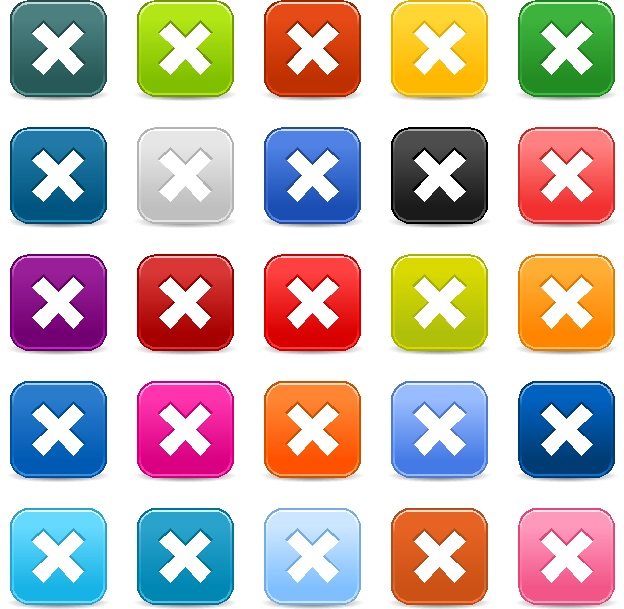
September 8, 2012; Source: Tucscon Citizen
Two Arizona-based nonprofits are under scrutiny for their accounting practices. Food for the Hungry and the Breast Cancer Society (BCS) are among the largest nonprofits in Arizona. According to the Tucson Citizen, Internal Revenue Service (IRS) records document “$4.1 million in vaccines that the Breast Cancer Society says it gave to Ghana, Africa. The administrator of the Ghana program said Friday that the Breast Cancer Society has nothing to do with the vaccines.” The Breast Cancer Society claimed that it gave, according to the Tucson Citizen, “$38 million last year in grants, medicine and other supplies to deliver direct help to those suffering from the disease,” but the Better Business Bureau (BB) and the American Institute of Philanthropy say that the Breast Cancer Society uses in-kind donations, including medicines, to suggest to cash donors that it is financially efficient while most of the money it raises is, they say, devoted to administrative and fundraising costs.
Sign up for our free newsletters
Subscribe to NPQ's newsletters to have our top stories delivered directly to your inbox.
By signing up, you agree to our privacy policy and terms of use, and to receive messages from NPQ and our partners.
One of the practices in question is the alleged paper transfer of donations from one charity to another with no goods physically changing hands. This ends up in the same goods being recorded as revenue and program expenditures in multiple agencies. As the Tucson Citizen explains, “In exchange for a shipping or processing fee, one charity will transfer the gifts-in-kind to another charity on paper. On paper, the gifts-in-kind are worth millions. The charities will book the entire value of the gifts-in-kind as revenue and then record it as a ‘donation’ when it is sent to another agency.” In this way, a charity could spend a paltry few thousand dollars but wind up looking like it “donated” millions of dollars of gifts-in-kind. Very often, there is no physical transfer of the gift. It is all done on paper. Why bother? The increases recorded in donations and program expenses end up bringing their administrative expenses into a ration that would pass muster with watchdog agencies. President James Reynolds II of the Breast Cancer Society reportedly wrote in e-mails Friday that BCS “strives for excellence in reporting our activities in accordance with generally accepted accounting principles.”
As for Food for the Hungry, the Tucson Citizen reports that it claims that it spent “$83 million in 2010 on disaster relief and long-term development projects.” But the IRS has found that Food for the Hungry overvalued the medicine it gave away “to mislead the public in order to raise more funds.” And it imposed a fine of $50,000 for that misrepresention. Food for the Hungry is disputing the audit findings. The alleged practice in question is the buying of medicines or other goods as program expenditures at a fraction of what one claims they are worth. According to this article, “Records also show that Food for the Hungry paid pennies apiece for pills that it once reported were worth more than $10 each. The charity now reports the pills are worth about $1.54 each. The non-profit’s own website indicates the pills can be purchased for 5 cents.”
Charity Navigator recently sent letters out warning nonprofits to report the value of gifts-in-kind differently if they don’t want to face the possiblility of a downgraded ranking. –Ruth McCambridge










